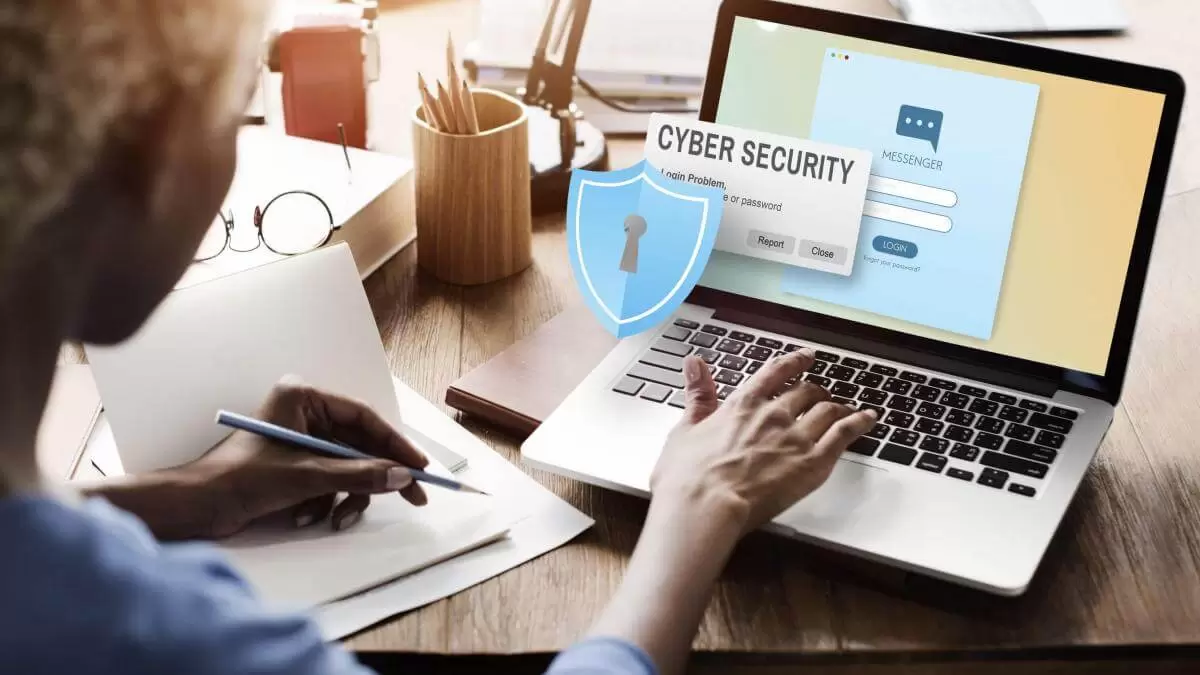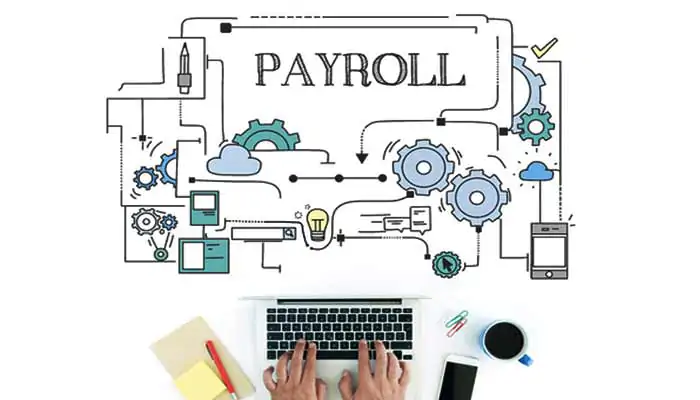Top 8 Reasons Why Cybersecurity is Important for Businesses
Cybersecurity has become more important than ever in today’s interconnected world, where technology plays a crucial role in our daily lives and business operations. With the constant threat of cyberattacks and data breaches, businesses of all sizes must prioritize their cybersecurity efforts. Consult IT Support New York experts to develop an effective cybersecurity strategy to protect your business.
In this blog post, we will explore the top eight reasons why cybersecurity is crucial for businesses, highlighting the potential risks and benefits of investing in robust cybersecurity measures.
Top 8 Reasons Why Cybersecurity is Important
Protection Against Data Breaches
Data breaches have become a major concern for businesses of all sizes. The devastating consequences include loss of sensitive information, reputational damage, and legal liability. It is crucial for businesses to take proactive steps to protect their data from potential breaches. This includes implementing strong cybersecurity measures such as firewalls, encryption, regular software updates, and employee training on safe online practices. By being vigilant and proactive in their approach to cybersecurity, businesses can minimize the risk of data breaches and safeguard their sensitive information from unauthorized access. It is important for businesses to prioritize cybersecurity in order to protect themselves and their customers from the potentially devastating consequences of a data breach.
Safeguarding Customer Trust
As technology continues to advance, businesses are collecting more personal and financial information from their customers than ever before. This has led to an increased need for companies to prioritize cybersecurity in order to safeguard customer trust. Customers expect their information to be handled securely, and failure to do so can have serious consequences for both the customer and the business. By investing in strong cybersecurity measures, such as firewalls, encryption, and regular vulnerability assessments, businesses can demonstrate their commitment to protecting customer information. This can help build customer trust and differentiate the business from competitors who may need to take cybersecurity more seriously. Ultimately, prioritizing cybersecurity is essential for any business that wants to maintain a loyal customer base and protect its reputation in an increasingly digital world.
Avoiding Financial Losses
Cyberattacks can have devastating consequences for businesses, including significant financial losses. With the increasing reliance on technology and digital platforms, cyber threats are becoming more sophisticated and frequent. Investing in robust cybersecurity measures is crucial to mitigating these risks and protecting your business from potential financial losses. This includes implementing firewalls, antivirus software, data encryption, and regular security updates. It is also essential to provide training for employees on how to identify and prevent cyber threats. By taking proactive measures to safeguard your business against cyberattacks, you can minimize the risk of financial losses and protect your assets.
Maintaining Business Continuity
Maintaining business continuity is crucial for any organization, and effective cybersecurity practices are key to this effort. Cybersecurity incidents can disrupt business operations, resulting in downtime, loss of productivity, and revenue. To prevent these disruptions, it is important to implement effective cybersecurity practices such as regular software updates, strong passwords, access controls, and employee training on identifying and responding to potential security threats. Additionally, having a comprehensive incident response plan in place can help minimize the impact of a cyber attack and ensure that your business can continue operating despite any disruptions. By proactively enhancing your cybersecurity posture, you can help protect your business from potential threats and maintain continuity even in the face of security incidents.
Protection against Ransomware
Ransomware attacks have become a major concern for businesses of all sizes. These attacks involve hackers encrypting a company’s data and demanding payment in exchange for the decryption key. These attacks can result in significant financial losses and reputational damage without proper protection. Investing in cybersecurity solutions can help protect businesses from falling victim to ransomware attacks. This may include implementing firewalls, anti-virus software, and regular data backups. It is also important to educate employees on identifying and avoiding phishing emails or other suspicious online activity that could lead to an attack. By taking these steps, businesses can reduce their risk of becoming the next victim of a devastating ransomware attack.
Protection of Employee Information
Safeguarding employee information is critical to protecting employees from identity theft and other fraudulent activities. With the rise of cyber threats, it is more important than ever to ensure that confidential information such as social security numbers, bank account details, and personal contact information are kept secure. Robust cybersecurity measures can mitigate potential risks by providing layers of protection against unauthorized access or data breaches. This includes implementing firewalls, encryption, and multi-factor authentication protocols to control access to sensitive data. Additionally, regular training for employees on identifying and reporting potential security threats can create a culture of awareness and vigilance in the workplace. By prioritizing the protection of employee information, businesses can demonstrate their commitment to maintaining the trust and confidence of their staff while also complying with legal requirements regarding data privacy and security.
Protection of Intellectual Property
Intellectual property is an invaluable asset for businesses, and cybercriminals are well aware of this fact. Unfortunately, they often target valuable intellectual property for financial gain or to gain a competitive advantage over the targeted company. Therefore, businesses need a strong cybersecurity framework to protect their intellectual property from these threats. A strong cybersecurity framework includes measures such as firewalls, encryption, and regular system updates. It also involves implementing policies and procedures that promote safe online behavior among employees, such as using strong passwords and avoiding suspicious emails and websites. By prioritizing cybersecurity, businesses can safeguard their intellectual property from potential theft or compromise, ensuring that they remain competitive and profitable in the long run.
Preserving Business Reputation
A business’s reputation is one of its most valuable assets. However, a single cybersecurity incident can significantly damage that reputation and erode customer trust. That’s why it’s important for businesses to prioritize cybersecurity measures to protect their sensitive data and maintain a positive brand image. Businesses can reduce cyber-attack risks and safeguard their reputations by implementing robust security protocols, such as firewalls, encryption, and employee training programs. It’s also important for businesses to have a response plan in place in case of a breach, so they can quickly and effectively address any issues that arise. By taking these proactive steps to protect their company’s cybersecurity, businesses can ensure that their reputation remains intact and that customers continue to trust them with their personal information.






